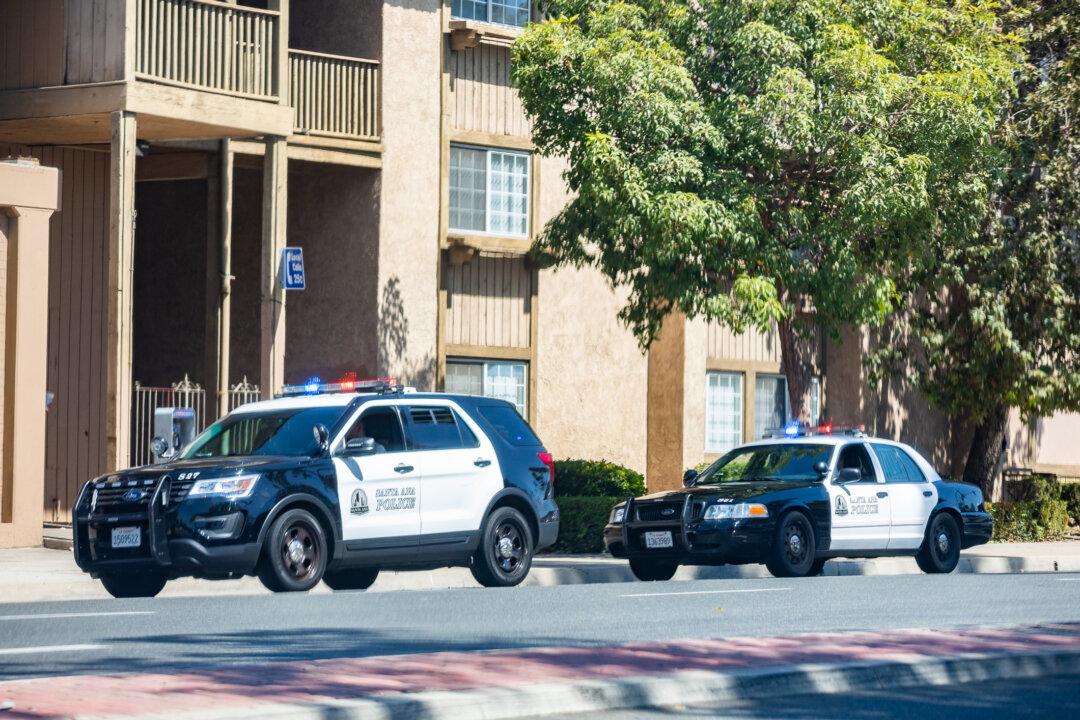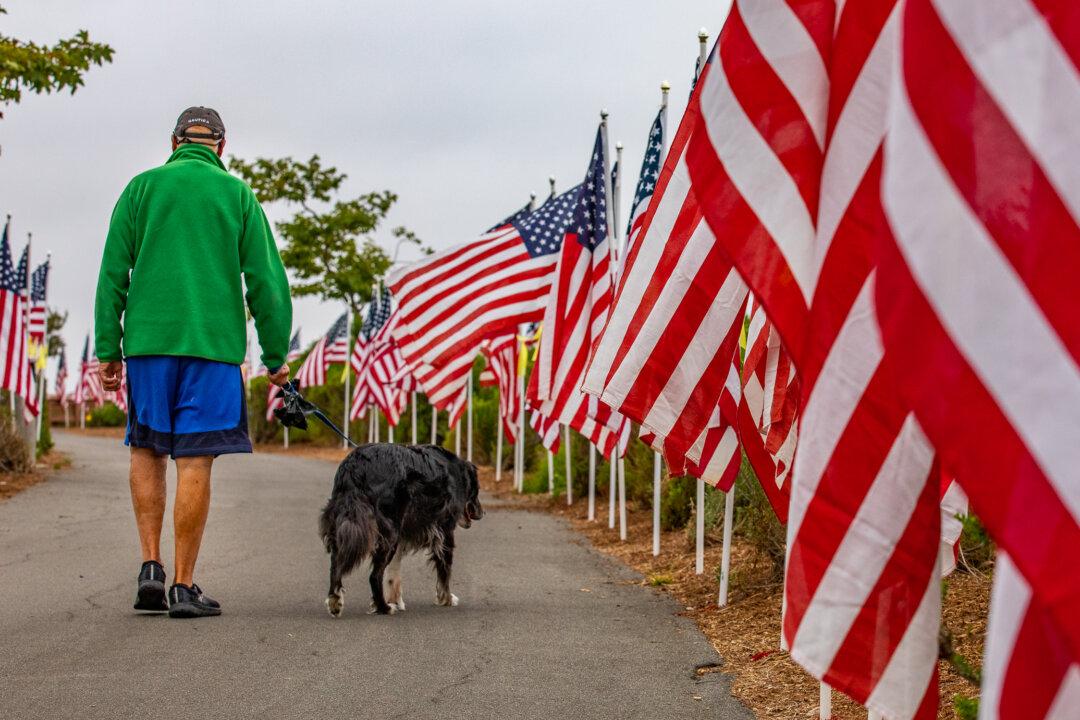Orange County Supervisor Donald Wagner was joined by two Olympic gold medalists in calling for the state of California and Gov. Gavin Newsom to allow youth sports activities to fully reopen immediately, saying the benefits to children far outweigh any limited health risks.
Wagner led the conference on Oct. 19 at Tustin Sports Park, where a gathering of Orange County sports luminaries and officials addressed the audience about the consequences of keeping youth sports closed.





